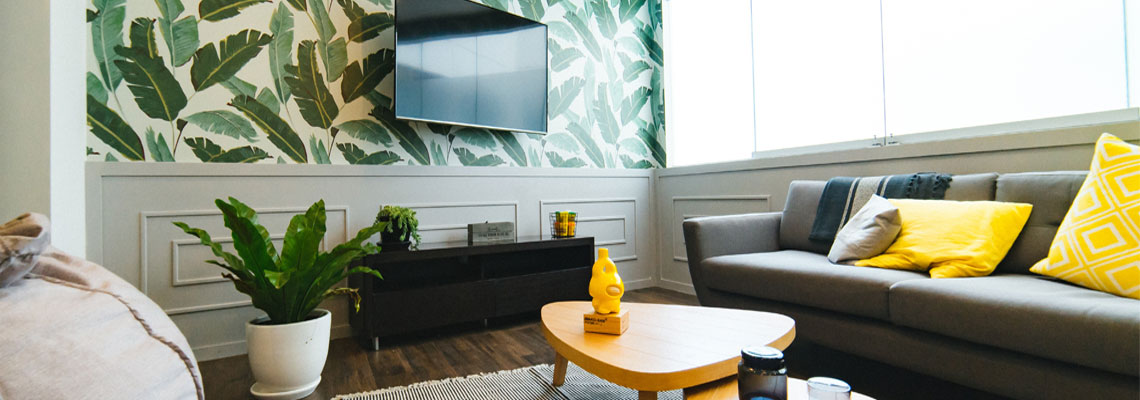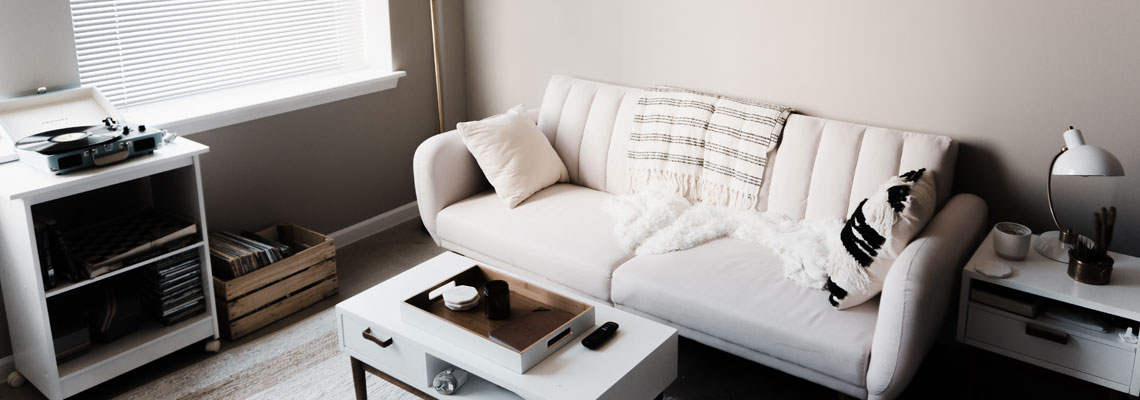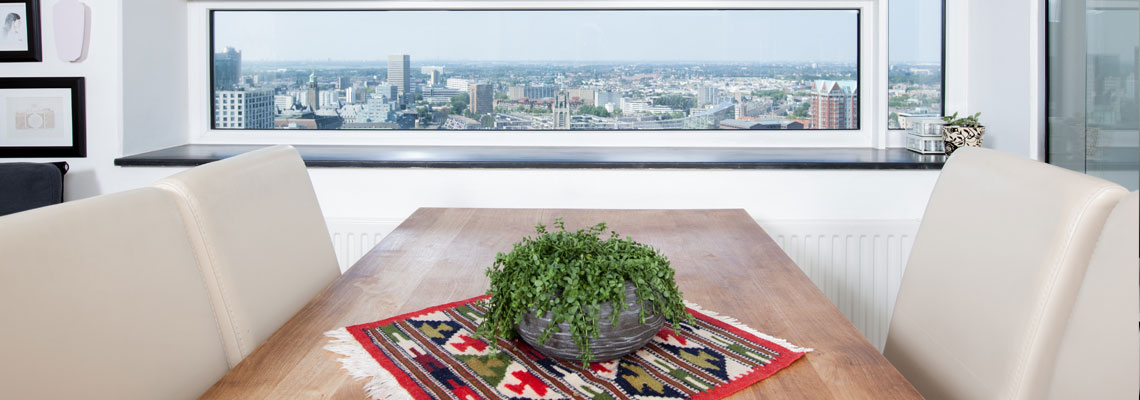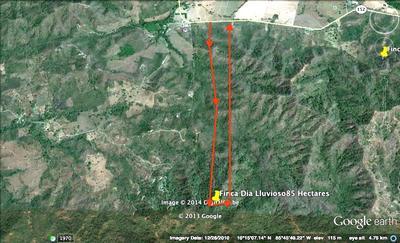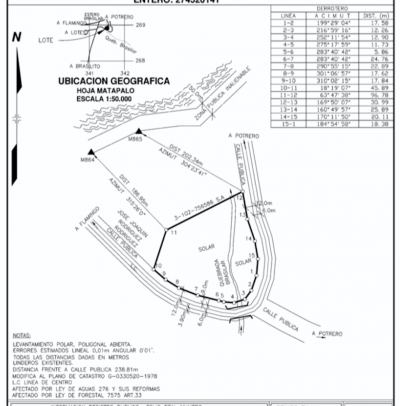Premier Casa Costa Rica has properties in all sectors of the real estate market and to find your perfect future property the first step is to decide for what classified type of property you are searching for:
• Residential: Residential property is real estate that has been developed and built for living
for example condominiums, townhomes, city apartments, and much more. Huacas or Flamingo Beach are only two of our wide range of high-class areas in downtown Costa Rica where you will find our stunning apartments with amazing views to the Flamingo Beach or Potrero Bay.
• Commercial: Commercial property commonly refers to either buildings or land intended to be used for any kind of business activity which include for instance office spaces, retail spaces, industrial spaces, or land for prospective projects to generate profit. If you are looking to live in Costa Rica and have your own business in one of the most beautiful places in the world this is the perfect opportunity to make your dream come true.
• Farm: Our properties such as Hacienda Style House in the valley of Guanacaste of Costa Rica incorporate everything from farms with a stunning mountain view, ranches, and residential land for sale to build your mountain home.
Buying Property in Costa Rica
All the Baby Steps to Get a Loan in Costa Rica
• Find Out What You Can Afford
The general rule of thumb is to spend no more than 1/3 of your net monthly income (after taxes) on a housing payment. With that said, make a monthly budget, which should include additional expenses like homeowner's insurance and general maintenance to make out the maximum monthly payment you can afford. Depending on your existing debt, some Costa Rican banks may give a loan of up to 50% of your net salary.
Note that you'll be required to provide a minimum 15% down payment, and interest will be between 7-10% over a 20-30 years loan term. Typically, U.S. dollar loans carry a shorter term. Use an online mortgage calculator to establish your maximum mortgage amount.
• Save For A Down Payment
Such a task takes time and persistence. If you take out a loan with a Costa Rican bank, 15-20% down payment is required– that's $30,000-$40,000 on a $200,000 home. You can start saving for it by cutting down on your living expenses – pay for a smaller cable package, take the public bus when you can, and budget your monthly to shop.
Put all your savings in a dedicated bank account, especially if you find one that pays interest. If a relative offers to help out, ask for a low or no-interest loan or gift. Some homeowners may be willing to finance your down payment, but do not take this option unless they offer market interest rates.
• What Lenders Look For
Mortgage loans are available to residents and non-residents of Costa Rica. Lenders are various, including private and state banks, mortgage brokers who connect clients with creditors abroad, and private lenders, or prestamistas.
All lenders look for a stable income, a solid credit history (minimum credit score of 650), and a decent debt-to-income ratio. You will need to provide an income report, bank statements, past tax returns based on which all lenders will perform an international or local credit check. If you've had an account with a public Costa Rican bank for five or more years, the bank might just do a local credit check.
• What is Loan Pre-Approval
This is an important step in your home-buying process, as a lender may determine whether you can borrow a different amount than you originally calculated. Getting pre-approved for your loan means that you have a written commitment for a certain amount of mortgage.
Pre-approval will narrow down your home search to only those properties you can afford, making your hunt for a home more efficient and less frustrating. Speak with several local banks or a mortgage broker about the process and requirements for obtaining pre-approval.

How Not to Buy the Perfect Home
Buying a home can be a complicated process, especially in a foreign country. We at Premier Casa do our best to help you avoid the following common mistakes when it comes to home buying.
• Moving Too Quickly
After you've located your ideal neighborhood, opt for rent for at least 6 months to a year. This will provide you a chance to adjust to local life, have a full experience of the rainy and dry season, and see if you'd like to make a long-term commitment to purchasing a home.
• Buying After One Real Estate Seminar
Costa Rican real estate seminars are more common than you think, especially for retirees. These info sessions can be useful, as you get to know an overview of local markets, cost of living, mortgages, and other related topics. However, the goal of these seminars is to sell your property and to increase the odds, they will present you with only the best of Costa Rica. It is advisable not to rush into it and take time to discover potential pitfalls and frustrations and how to handle them before you make any purchase. As a result, you'll be happier in your new home.
• Committing to Unseen Site
Fight the urge to put down a deposit after you find a seemingly perfect home online. Costa Rican real estate differs from that in your home country, so you must visit a property and inspect it thoroughly before making any deposit.
• Not Revisiting the Home Throughout the Day
It is very important to revisit a home throughout the day – early morning, midday, early afternoon, and nighttime. If your potential home is located downtown, where homes are close together, you'll absorb the neighborhood's sounds, sights, and scents. Also, pay attention to how much light enters the property at different times of the day. For instance, during the rainy season, you'd opt for bright spaces and rain that angles away from the house.
• Not Putting Everything in Writing
It's fine to make a verbal agreement with the seller but be sure that all terms are defined in a signed contract. This protects your interests and finances for the future and makes sure there are no overlooked details, like whether the appliances were included in the sale. Have your real estate attorney draft the purchase offer contract (POC) to ensure all your commitments are well defined and your risks minimized.
• Making an Unconditional Offer
Never make an offer to buy a home with no contingencies. Common and prudent contingencies include making your offer subject to a home inspection, mortgage financing, and selling your current home. In Costa Rica, think about other important matters, like the ability to get a phone line or high-speed Internet.
• Not Having A Bilingual Attorney
Foreign-language legalese can be difficult for even fluent speakers to handle. Since all legal transactions will be conducted in Spanish in Costa Rica, make sure you hire a bilingual and competent real estate attorney to go through all relevant paperwork. Explain how you understand the contract and the lawyer should help you clarify any misunderstandings from there.
Contact us for housing consultation in Costa Rica. Call us at Costa Rica +(562) 295 8212 or US
+(929) 227 4082
